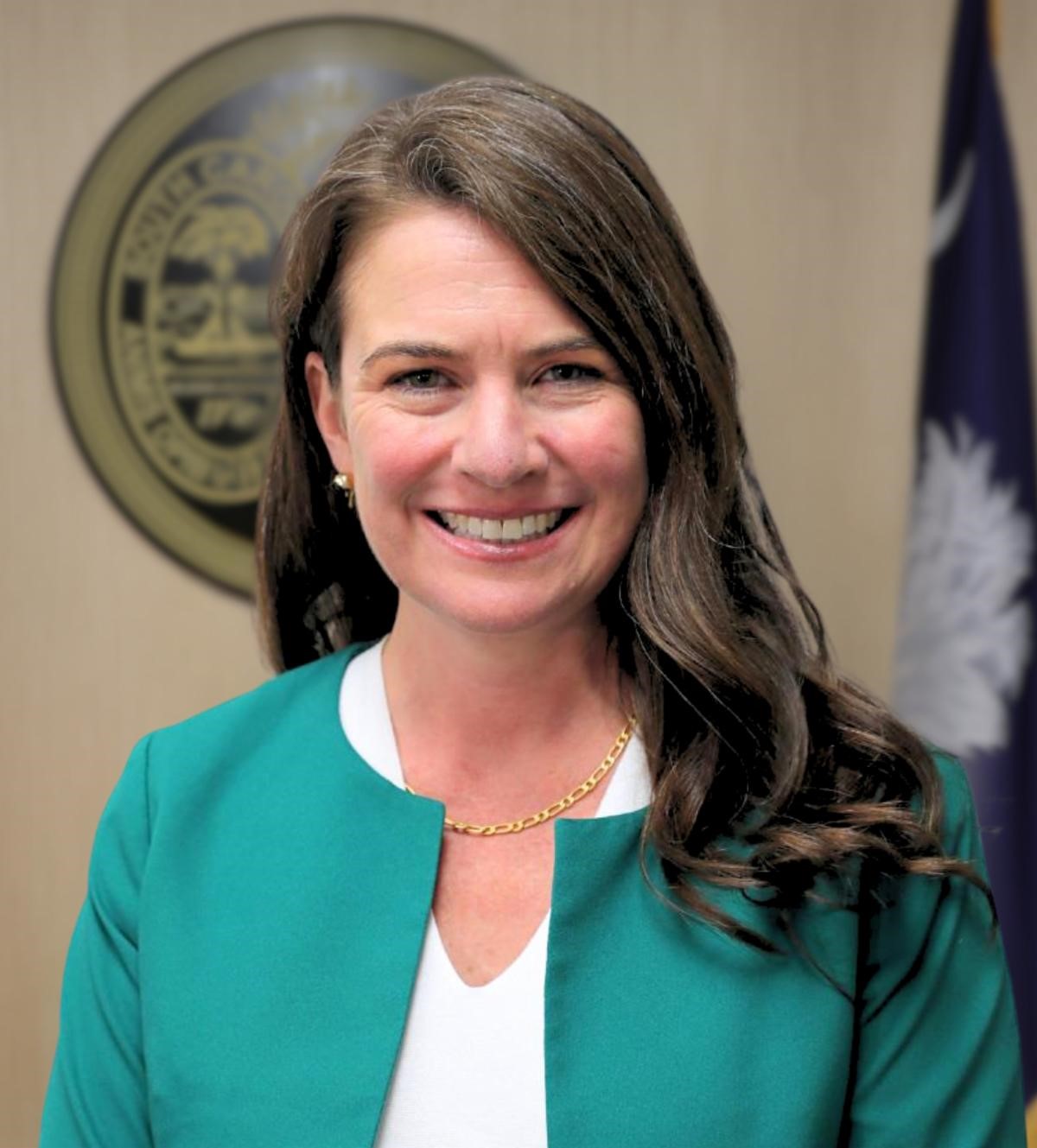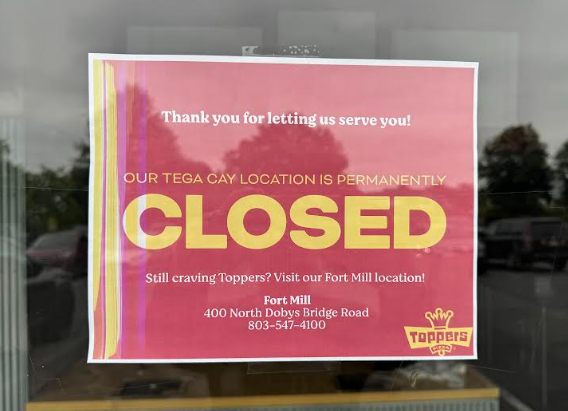WASHINGTON D.C. – In a significant move aimed at cutting through bureaucratic hurdles, the Department of Veterans Affairs (VA) has announced that veterans seeking private medical care referrals will no longer require an additional doctor’s review. This change, effective immediately, is mandated by the Senator Elizabeth Dole 21st Century Veterans Healthcare and Benefits Improvement Act, passed by Congress last fall.
Previously, even after a VA clinician determined that community care was in a veteran’s best medical interest, a second VA doctor had to approve and finalize the referral. This often led to delays and frustration for veterans in need of timely treatment outside the VA system.
VA Secretary Doug Collins stated that the new policy is “making it even easier for veterans to get their health care when and where it’s most convenient for them,” emphasizing a commitment to “customer service and convenience.” This sentiment was echoed by House Veterans’ Affairs Committee Chairman Mike Bost, who highlighted the importance of veterans having access to the best care without a “paperwork nightmare.”
The change is particularly impactful for veterans who qualify for community care due to factors like living more than 30 minutes from a VA facility, or facing wait times exceeding 20 days for primary care or 28 days for specialty care. While the VA Mission Act of 2019 expanded eligibility for private care, the secondary review process often hampered swift access.
Veterans’ advocates, including the Veterans of Foreign Wars (VFW), have strongly supported this reform. VFW National Commander Al Lipphardt noted that under the old system, “veterans would pay the price for delayed or denied referrals for care in the community, even when VA’s own doctors knew best.” The VFW actively campaigned to keep this provision in the Dole Act, arguing it puts veterans first.
However, the shift is not without its nuances. The debate surrounding community care has often touched on concerns about the “privatization” of VA healthcare. While proponents see it as expanding choice and reducing wait times, some critics worry that an increased reliance on private care could potentially diminish resources for VA’s own medical centers.
The new policy aims to strike a balance, empowering referring VA clinicians to make the definitive call on outside care based on a veteran’s “best medical interest.” The VA is implementing training for its healthcare employees to ensure consistent adherence to the streamlined process.
This change represents a crucial step in the ongoing effort to enhance access and flexibility within the VA healthcare system. By removing a layer of administrative review, the VA hopes to significantly reduce delays and ensure that veterans receive the care they need, when and where they need it. The law stipulates that this ban on administrative review will remain in place for two years, after which the VA will report on its effects to Congress.










